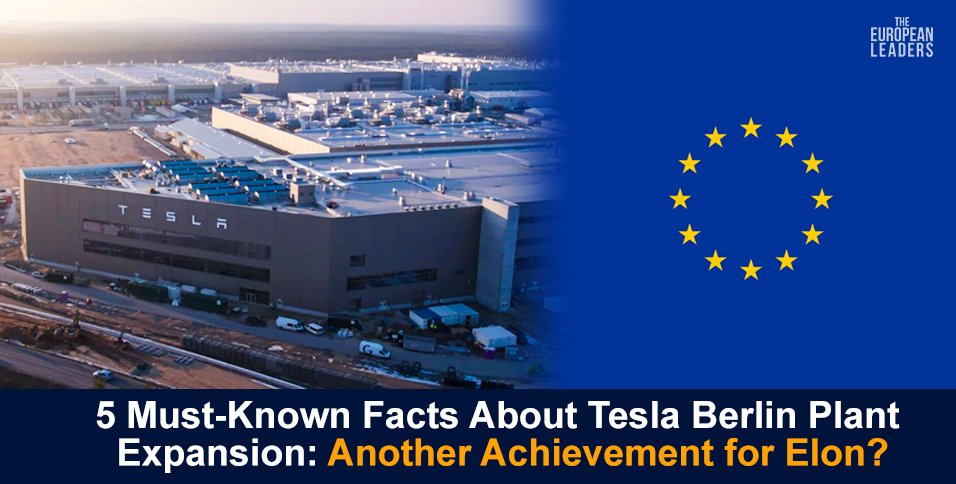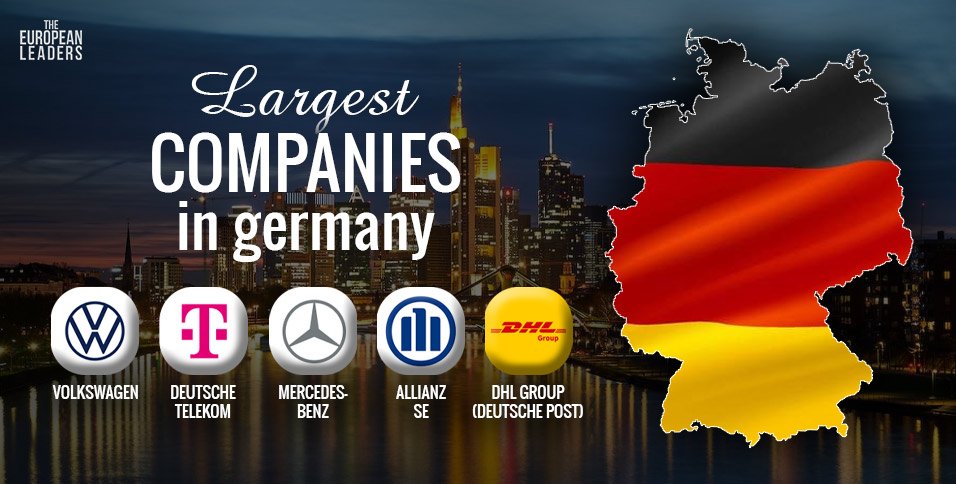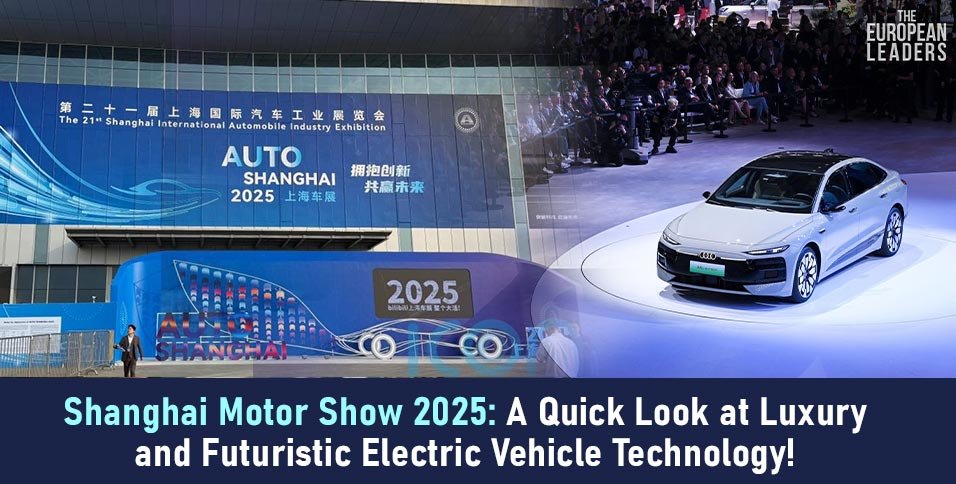The European leaders
17 October 2024
Berlin – Tesla has always been talk of the town for their innovative machines for years in the automobile market. Now, they are into controversies in Europe. Recent news of the Tesla Berlin plant expansion received a green signal from German authorities has raised the competition alarm for the domestic car brands.
The tariff game has played a crucial role in this. Just a month ago, in September 2024, the EU announced the tariff cut for Tesla importing from China. Fastforward to October 2024, Tesla Berlin Gigafactory starts expanding its operation capacity in the first phase.
However, the question arises: how Elon Musk achieve the back-to-back success like the SpaceX Flight 5 launch and now the Tesla Berlin plant expansion? Also, how it is going to impact to the global automobile and space technology race?
What’s the Take from Tesla Berlin Plant Expansion?
Importance of the Approval
- Increased Production Capacity: The expansion aims to double the factory’s output from 500,000 to 1 million vehicles annually. This move positions Tesla to better compete in a rapidly evolving EV market, particularly as demand fluctuates across Europe.
- Strategic Location: The Berlin plant is Tesla’s only facility in Europe, making it a critical hub for its operations on the continent. Expanding this site allows Tesla to streamline logistics and reduce shipping costs for European customers.
- Local Economic Impact: The expansion is expected to create additional jobs, further solidifying Tesla’s presence in Germany, where it already employs around 12,000 people. This could also have a positive ripple effect on local economies and supply chains.
- Environmental Considerations: Despite local opposition and environmental concerns—such as plans to clear over 100 hectares of woodland—Tesla has made adjustments to its plans following community feedback. This includes abandoning some controversial aspects of the expansion, which reflects a growing sensitivity to environmental issues in corporate planning.
Lesser-Known Facts
- Phased Expansion: The approval pertains to the first of three planned stages for the factory’s expansion. This phased approach indicates a cautious strategy amidst changing market conditions and local opposition.
- Local Opposition: The expansion has faced significant resistance from local residents and activists, including protests and a non-binding referendum against it. This illustrates the tension between large-scale industrial projects and community interests in Germany.
- Impact of Market Conditions: Tesla’s decision to proceed with this expansion comes at a time when EV demand is softening in Europe, as indicated by recent delivery results. This reflects a strategic pivot where Tesla is betting on long-term growth despite current market challenges.
- Infrastructure Improvements: Plans include not just increased production capacity but also enhancements like new logistics areas, solar panel installations, and improved infrastructure within the plant, emphasizing Tesla’s commitment to sustainability alongside growth.
- Scandinavian Countries in Reach: Tesla Berlin Plant expansion is a booster for company’s quick access to one of it’s key market, the Scandinavian countries like Norway, Sweden, Finland, and Denmark. Tesla is Norway’s leading automotive brand, accounting for around 20% of total vehicle sales in 2023. Tesla has been Norway’s best-selling automobile brand for the third year running.
Tesla’s Strategic Edge and Market Dynamics
Tesla’s approval to expand its Berlin Gigafactory gives it a major competitive advantage in Europe’s electric vehicle (EV) market. By increasing production capacity to 1 million vehicles annually, Tesla can meet rising demand more efficiently and reclaim market share from rivals like Volkswagen, BMW, and Chinese automakers such as BYD.
Local manufacturing will lower costs by eliminating tariffs and reducing shipping expenses, while new battery testing and logistics investments may further enhance vehicle performance and attract eco-conscious consumers.
This expansion also comes at a time when traditional automakers are struggling to adjust their EV strategies, opening space for Tesla to introduce affordable models tailored to European preferences.
EU’s Tariff Change Effect
Tesla’s expansion in Europe gets a boost as the European Union lowers tariffs on its China-made electric vehicles from an initial 20.8% to 9%, and further to 7.8%. These reduced import costs enhance Tesla’s ability to offer competitive pricing, which could help it reclaim market share in key regions like Germany and France, where sales had been declining.
In comparison, BYD’s tariff remains at 17%, and Geely’s was slightly adjusted to 18.8% from 19.3%. Tesla’s advantage becomes even more evident with SAIC and other non-cooperative Chinese companies facing 35.3% tariffs, down from the initially proposed 36.3%.
This tariff adjustment reflects the EU’s nuanced approach to balancing trade policies amid competition concerns. While Tesla benefits from reduced costs, many Chinese competitors are set to struggle with higher tariffs, making their vehicles less attractive to European buyers.
As these levies, including the 10% standard duty on Chinese imports, could last five years, Tesla’s ability to lower prices and streamline operations through its Berlin Gigafactory may position it for long-term growth in Europe’s EV market.
What does the Future hold After Tesla Berlin Plant Expansion?
With these developments, Tesla is positioning itself as a leader in the European EV market, ensuring its relevance in a region increasingly focused on sustainability and green transportation.
The Tesla Berlin plant expansion aligns with its broader goals, as exemplified by the successful recent launch of SpaceX’s Flight 5. Both achievements reflect Elon Musk’s capacity to advance ambitious projects across sectors, reinforcing his influence on global innovation and mobility trends.
These initiatives underscore Tesla’s long-term strategy to lead Europe’s shift toward electric vehicles and renewable technologies, solidifying its role in the global automotive landscape.








